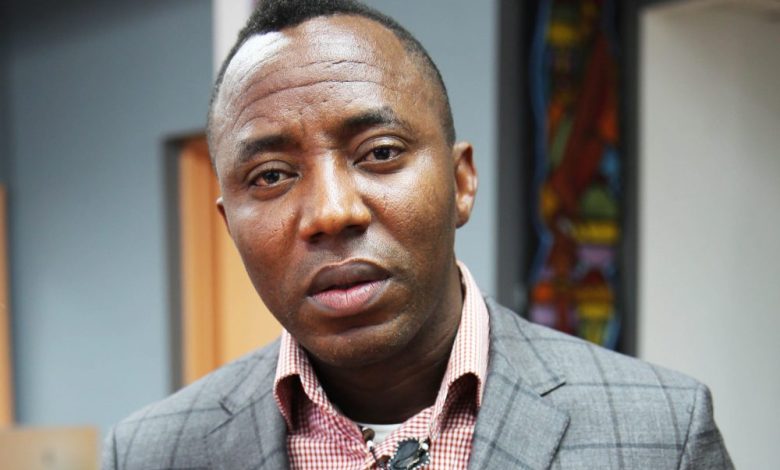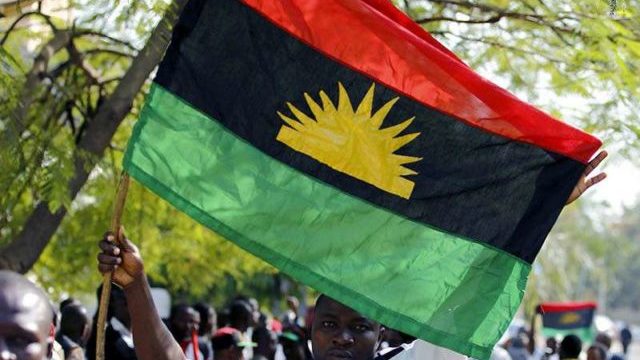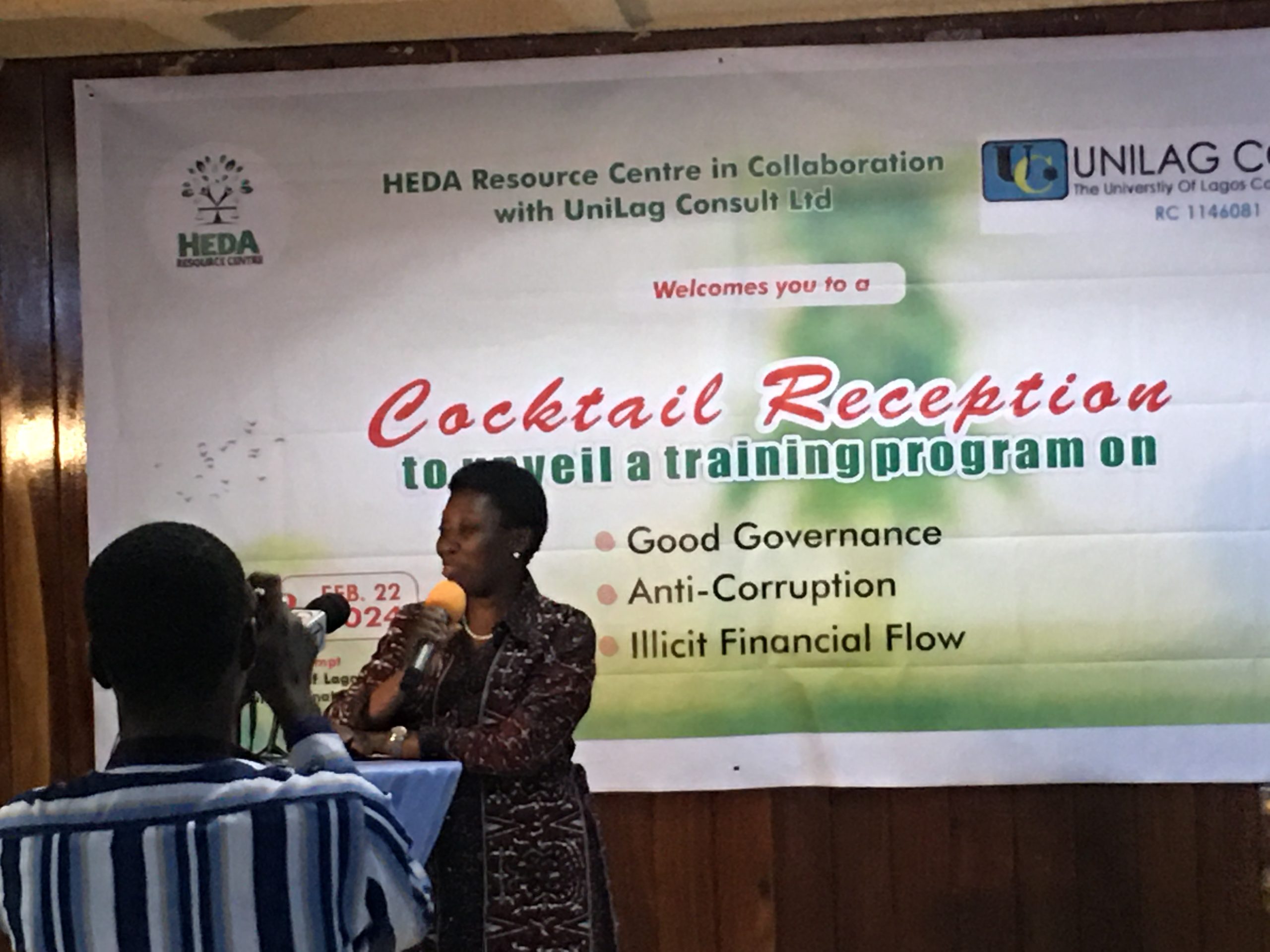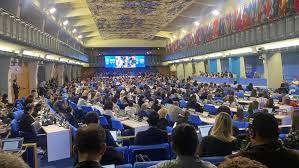
By Ologeh Joseph Chibu
The EndBadGovernance protest was a success, former presidential candidate of the African Action Congress (AAC) and the convener of the Take-It-Back movement, Omoyele Sowore, has said.
He commended the success of the 10-day #EndBadGovernance protests in Nigeria citing its gains.
Sowore spoke during an X Space discussion titled “#EndBadGovernance in Nigeria Protest: What Next?” held on Saturday.
At the speak-in programme Sowore highlighted the achievements of the protests, which he said were strategically planned and executed.
The convener of #RevolutionNow Movement explained that the first 10 days of the anti-bad governance protests were announced almost a month in advance, giving the movement ample time to gain momentum.
“The oppressed Nigerians succeeded before the protest, during the protest, and continue to succeed after the protest,” he emphasized, noting that this marked three distinct waves of success.
“Before the protest, we knew what we were doing despite concerns that the announcement might allow the government to sabotage it. As the saying goes, “’Anything not properly planned is planned to fail,’ but we were prepared. We identified 15 different tactics used to try and sabotage the protests,” he said.
Sowore said in the South-South, they brought out former militant Asari Dokubo, who threatened that no protests would occur there.
He said, “In Lagos and the Southwest, they distributed money street by street and threatened people with thugs. They even announced that all secret cult members had been relocated to Lagos.
“In Abuja, they used heavy-handed tactics, but despite these threats, we prevailed.
He noted that the protests started strong on the first day, especially in Abuja. I must praise the participants in Abuja for their courage.”
Sowore said that despite initial skepticism, by the end of the day, the protests had spread, with thousands joining in Kano, Maiduguri, and other places.
He said by 4 pm, it was clear that the protests had gripped the entire nation. Those who thought it would fizzle out were surprised.
He said, “On the second day, the military was drafted in to intimidate people. Our northern colleagues faced harassment in Sokoto and Kaduna, with arrests in Kano, but we managed to get them released in time for the protests.”
He said the army even threatened the media to prevent coverage, but this didn’t discourage people. More cities, including Port Harcourt, Kano, and Yobe joined in full force. Abuja continued to erupt in different parts.
According to Sowore, “This was one of the most extensive protests we’ve seen in Nigeria in a long time, both in terms of geographic reach and the unity of the oppressed”.
“I want to keep thanking those who participated, especially those on TikTok who kept mobilizing people. Thanks also to those who protested in London, New York, and other places I haven’t mentioned. In terms of reach, impact, and demography, this was a protest that spanned all generations,” he said.
He said, in Lagos, for example, there was a judgment that restricted protests to Ojota, and in Abuja, to the MKO Abiola National Stadium.
“We see this all the time whenever there’s a mass revolt—the ruling class often overreaches. One of the first casualties of these protests were those court orders. As soon as the protests began, people broke through any barriers,” he said.
Sowore added that in Lagos, the protests at Ojota were well attended, but there were also smaller groups in Alausa and other places. In Abuja, the court orders quickly became irrelevant.
He said a federal judge even refused to issue more orders because they were starting to sound ridiculous. Ogun State had an order, but protests still happened there, not confined to the designated areas.
“These court orders failed completely to prevent the protests. The intention was not to manage where people could exercise their rights but to prevent protests altogether,” he said.
He said that when the protests succeeded, even those at the designated areas like Ojota and the National Stadium were attacked by the police and Department of State Services.
According to him, the judges didn’t care about this, showing that these orders were not legitimate.
“As I’ve always said, if the law keeps breaking the people, the people will eventually break the law to free themselves,” he added.





